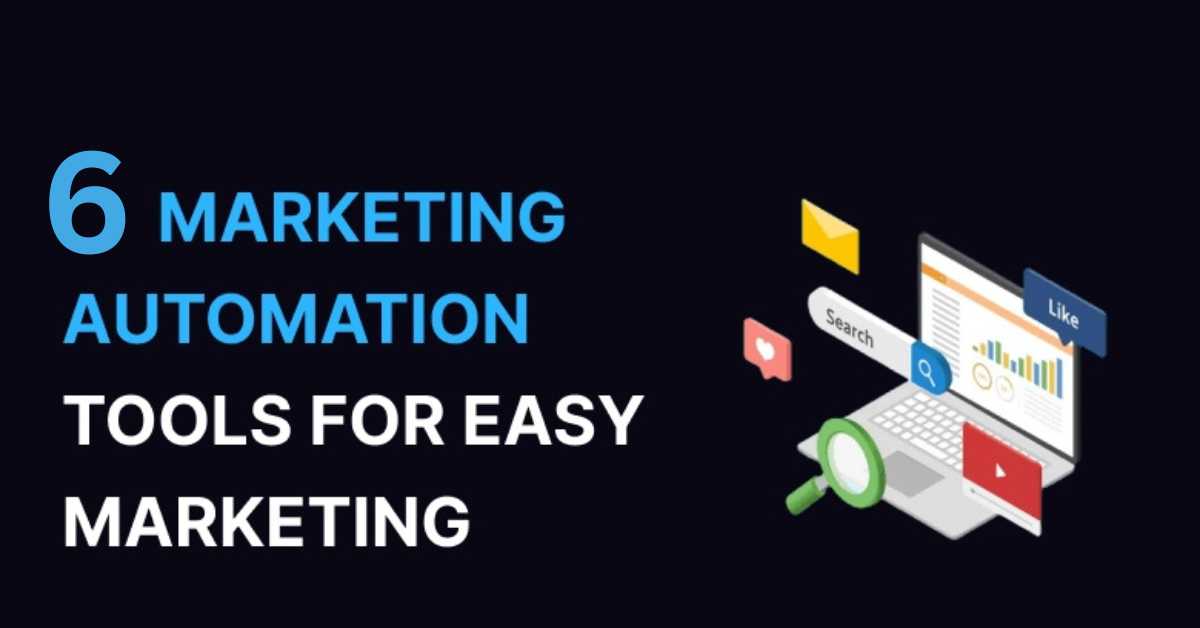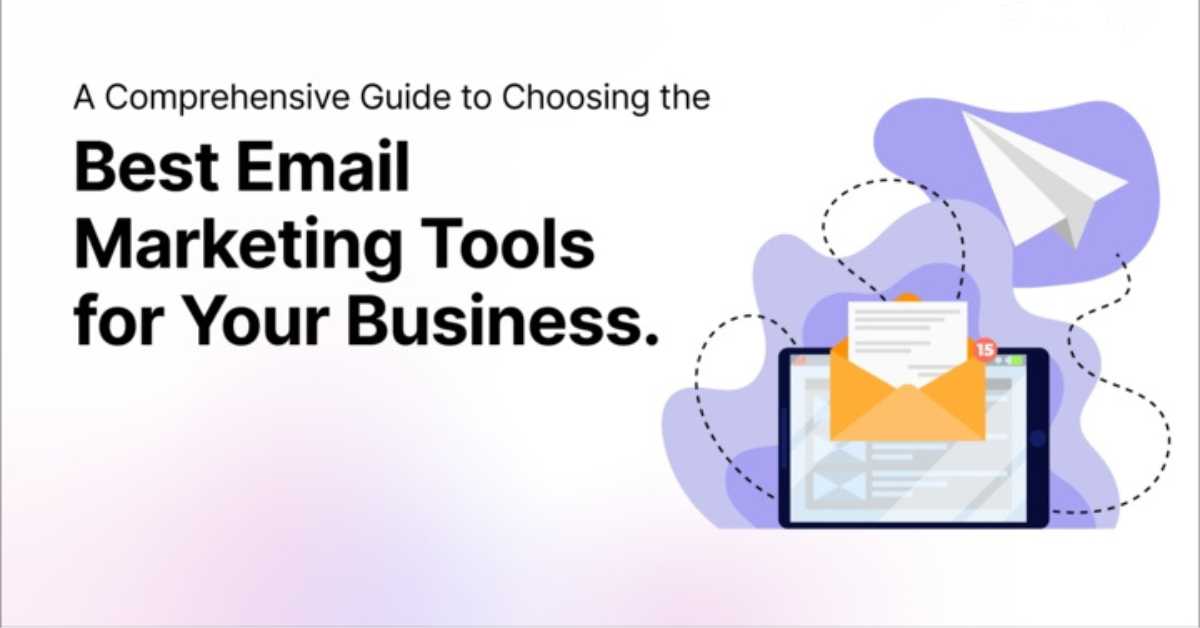Email: [email protected]


Aviation insurance is a vital investment for aircraft owners, pilots, and aviation businesses, providing financial protection against unforeseen events, accidents, and liabilities. However, navigating the complex world of aviation insurance can be daunting, especially when it comes to understanding the associated costs. With various factors influencing premiums, such as aircraft type, usage, and pilot experience, it’s essential to have a clear understanding of what to expect.
In this article, we will delve into the intricacies of aviation insurance costs, outlining 10 key aspects to consider. From liability coverage and hull insurance to additional expenses like fuel and maintenance, we’ll explore the factors that impact your premium. Whether you’re a private pilot, commercial operator, or aviation business owner, understanding aviation insurance costs is crucial for making informed decisions and ensuring adequate coverage.
The value of your aircraft is a significant factor in determining insurance costs. The more valuable the aircraft, the higher the premium. Insurance companies use the aircraft’s hull value, which is its purchase price or current market value, to calculate the premium. For example, a brand-new Cessna 172 Skyhawk may have a hull value of $400,000, while a vintage Piper Cub may have a hull value of $20,000.
The higher the hull value, the more it will cost to insure the aircraft. This is because the insurance company may have to pay out more in the event of a total loss or damage.
The way you use your aircraft significantly impacts your insurance costs. Personal use, such as flying for pleasure or transportation, typically carries a lower premium than commercial use, like flight instruction or cargo transport. Commercial operations require additional coverage for passengers, cargo, or liabilities, increasing the premium.
Flight training also falls under commercial use, as it involves instructing students. Additionally, the number of flight hours per year affects the premium, with higher usage resulting in higher costs. Insurers may also consider the specific activities you engage in, like aerobatics or aerial photography, which may require specialized coverage.
The location where you operate and store your aircraft significantly impacts insurance costs. Insurers consider the specific region, state, or country, as well as the airport or airfield you use. High-risk areas, such as those prone to natural disasters like hurricanes, tornadoes, or wildfires, may increase premiums.
Urban areas with high crime rates or congested airspace may also lead to higher premiums. Conversely, rural areas with low crime rates and minimal air traffic may qualify for lower premiums. Additionally, proximity to quality maintenance facilities and repair services can also influence insurance costs.
Your flying experience and training play a significant role in determining your insurance costs. More experienced pilots with a strong safety record and additional ratings, such as instrument or multi-engine ratings, are considered lower-risk and may enjoy lower premiums. Conversely, less experienced pilots or those with a history of accidents or violations may face higher premiums.
Insurers typically consider factors like total flight hours, hours in the specific aircraft make and model, and any additional training or certifications. A higher level of experience and training can lead to lower insurance costs and a reduced risk of accidents.
Aircraft type significantly impacts insurance costs. Insurers classify aircraft into categories based on performance, complexity, and safety features. High-performance aircraft like jets and turboprops are more expensive to insure due to their complexity and higher speeds. Single-engine piston aircraft like Cessnas and Pipers are generally less expensive to insure.
Helicopters, gliders, and vintage aircraft have unique risk profiles and may require specialized coverage. The specific aircraft type determines the level of risk and corresponding premium. Insurers use historical loss data and safety records to determine the insurance costs for each aircraft type.
Click on the next page button to continue enjoying the article!












To provide the best experiences, we and our partners use technologies like cookies to store and/or access device information. Consenting to these technologies will allow us and our partners to process personal data such as browsing behavior or unique IDs on this site and show (non-) personalized ads. Not consenting or withdrawing consent, may adversely affect certain features and functions.
Click below to consent to the above or make granular choices. Your choices will be applied to this site only. You can change your settings at any time, including withdrawing your consent, by using the toggles on the Cookie Policy, or by clicking on the manage consent button at the bottom of the screen.
